
OR
Govt starts process to grant amnesty to Resham Chaudhary, without waiting for the full text of SC’s verdict
Published On: May 26, 2023 12:15 PM NPT By: Republica | @RepublicaNepal
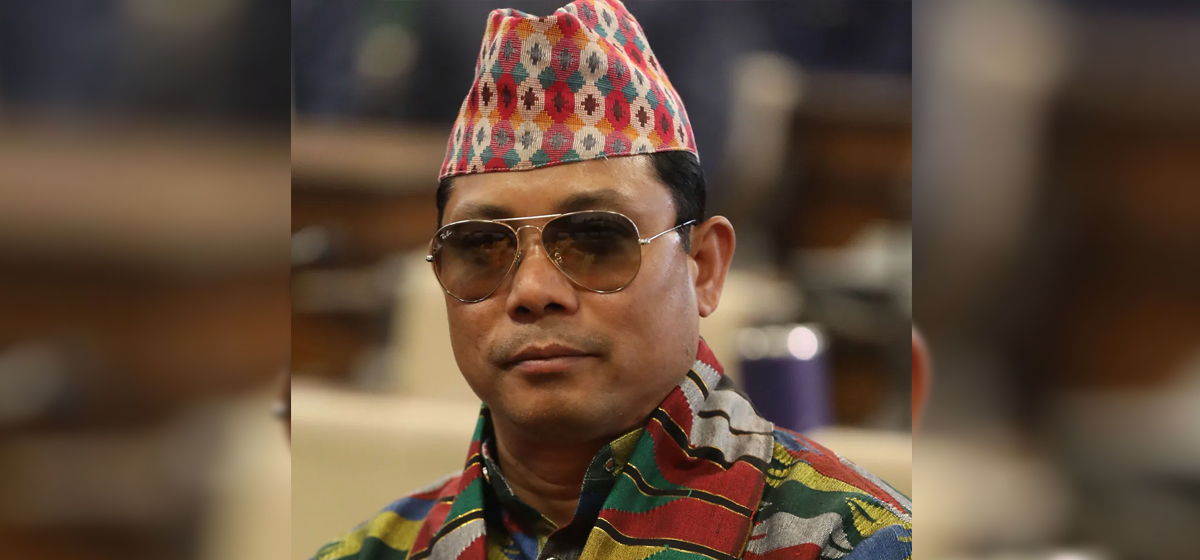
KATHMANDU, May 26: The government has moved ahead with the process to grant amnesty to Resham Lal Chaudhary and others who were sentenced to life imprisonment by three levels of courts over the Tikapur incident. When the Supreme Court (SC) upheld the decision of the District and High Courts to sentence Chaudhary to life imprisonment, within a week of the decision, the government started the process of granting amnesty to Chaudhary and others.
The Ministry of Home Affairs has sent Chaudhary’s file to the President, requesting the head of state to grant amnesty to Chaudhary on the occasion of Republic Day on May 29.
Without the full text of the Supreme Court's verdict, the government is going to make a 'bargain' by waiving Chaudhary's sentence. According to the judgment of the District, High and Supreme Courts, Chaudhary should remain in prison until Falgun 13, 2094 BS. However, by changing this legal provision, the government has started the process of granting pardon 14 years before.
Article 276 of the Constitution provides for pardon. "The President may pardon, postpone, change or reduce the sentence imposed by any court, judicial or quasi-judicial body or administrative officer or body in accordance with the law," it is written in the constitution.
‘In accordance with the law’ means the provision made in the Civil Criminal Code. Section 159 of the Code provides for remission of punishment. In Section 159 (1), it is mentioned that "a person who has been sentenced according to the court's decision can apply to the President through the Ministry of Home Affairs to get the sentence pardoned, postponed, changed or reduced". There is a provision to attach a copy of the court decision while submitting the application. However, in the case of Chaudhary, the full text of the judgment passed by the Supreme Court has not yet arrived.
However, there is also a provision in the Code for pardoning punishment that the sentences for crimes like corruption, torture, coercion, killing by cruel and inhumane means or control, genocide, kidnapping, body hostage or missing person, human trafficking and trafficking, explosion, money laundering, imprisonment for more than three years, drug trafficking cannot be pardoned.
On May 16, a division bench of SC justices Dr Anand Mohan Bhattarai and Nahkul Subedi decided that Chaudhary should be sentenced to life imprisonment. He is currently in the Dillibazar jail in Kathmandu. Efforts made by political party leaders to free him have not been successful so far.
In March 2019, Kailali District Court handed down a life sentence to 11 people including Chaudhary in connection with the Tikapur incident. The decision was also upheld by the High Court.
Chaudhary then appealed to the SC against the decision of the High Court. While hearing the petition, the summary judgment of the Supreme Court states, "In the case of the other defendants, their appeal to be acquitted of the charges cannot be accepted. "
The government is also going to make a legal arrangement to withdraw their criminal cases. The Nagarik Unmukti Party, which won four seats in the House of Representatives in the elections held last November and became the ninth party, joined the government on the condition that Chaudhary be released. In the Pushpa Kamal Dahal-led government, Ranjita Shrestha, president of NUP and spouse of Resham Chaudhary, is the Minister for Land Management, Cooperatives and Poverty Alleviation.
Chaudhary was the mastermind of the Tikapur (Kailali) carnage that happened on August 17, 2015. The agitating Tharu activists had brutally killed eight people including Senior Superintendent of Police (SSP) Lakshman Neupane, who was the head of the then Seti Zone at the time, five members of the Nepal Police, two members of the Armed Police Force and one infant.
You May Like This
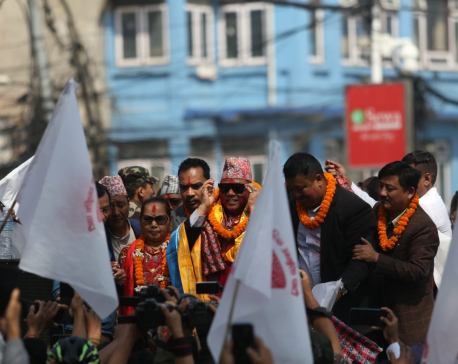
Hearing on the writ petition filed against Resham Chaudhary’s release today
KATHMANDU, May 31: The hearing on the writ petition filed in the Supreme Court (SC) against the government's decision to commute... Read More...

Do not Undermine Rule of Law for Political Gains
In a commendable display of commitment to justice and the rule of law, the Office of the President has sent... Read More...
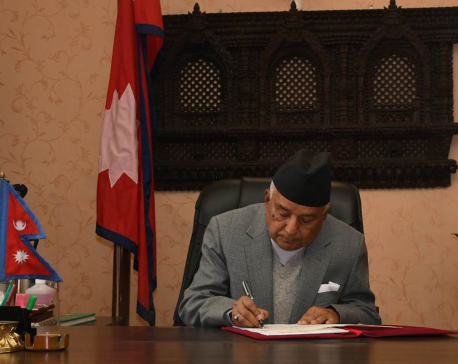
President Poudel sends back the petition to grant amnesty to Resham Chaudhary to home ministry
KATHMANDU, May 27: The Office of the President has sent back the petition sent by the government to grant amnesty... Read More...







Just In
- Gold price drops by Rs 2,700 per tola
- Seven houses destroyed in fire, property worth Rs 5.4 million gutted
- Police pistol missing after drug operation in Bara, investigation underway
- Truck carrying chemical used in drugs catches fire
- Nepali journalists Sedhai and Kharel awarded second prize at Fetisov Journalism Awards for their exposé on worker exploitation in Qatar World Cup
- Devotees gather at Balaju Park for traditional ritual shower at Baisdhara (Photo Feature)
- PPMO blacklists 33 construction companies
- UK Parliament approves Rwanda deportation bill, ending weeks of legislative stalemate



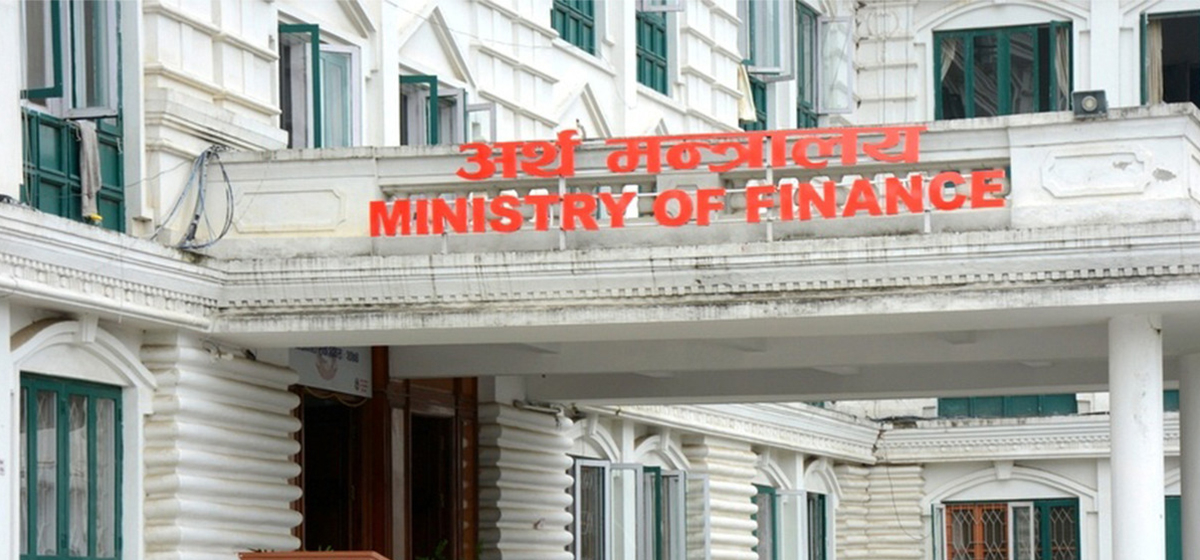
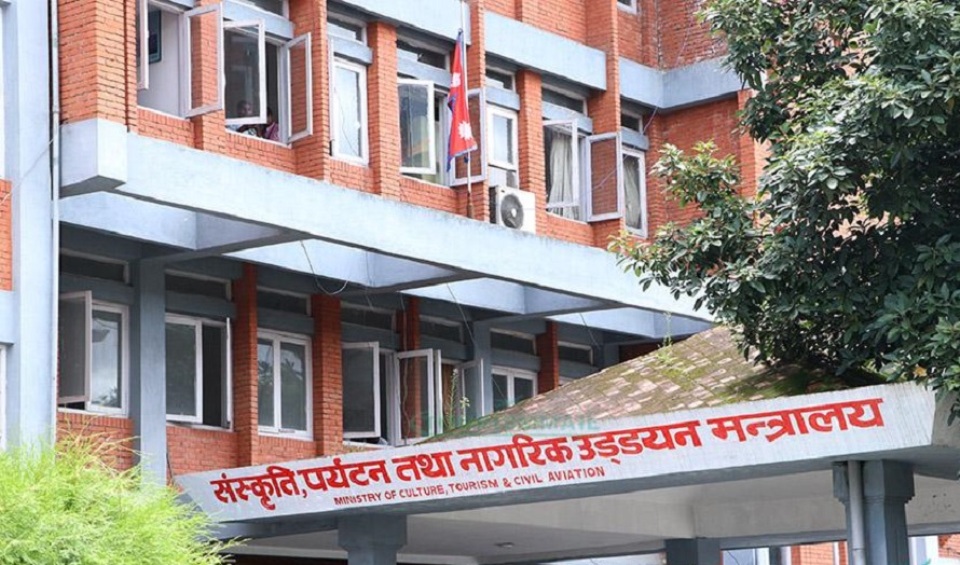




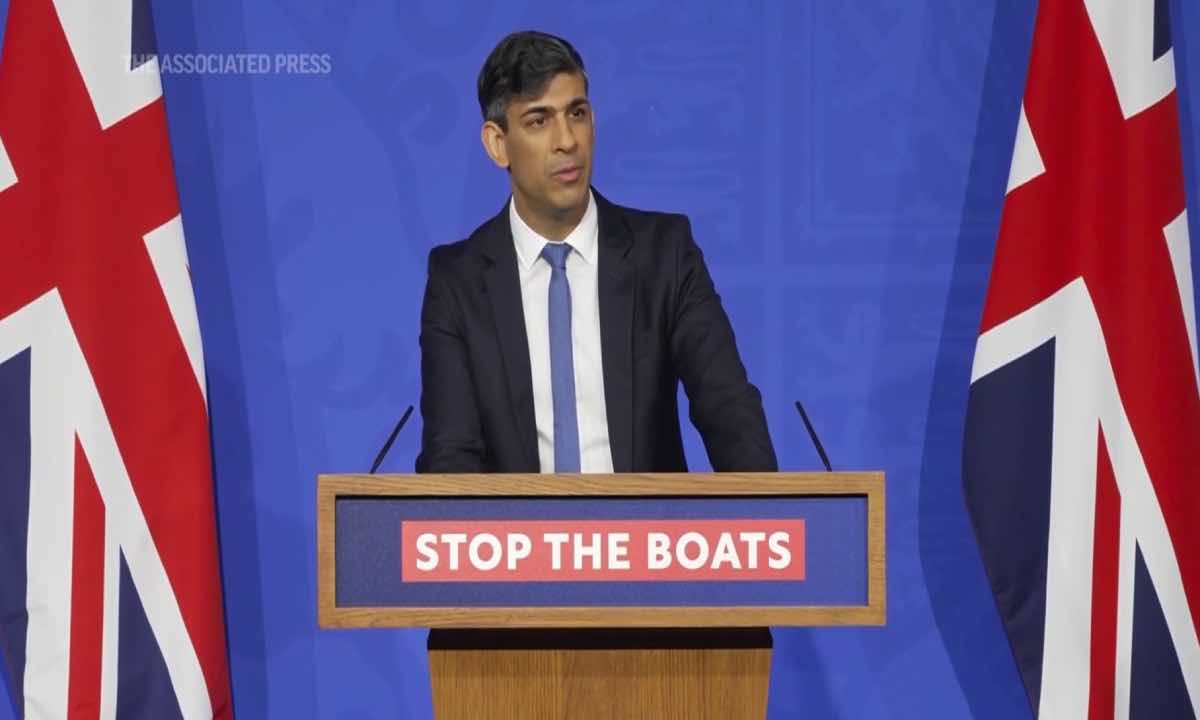

Leave A Comment